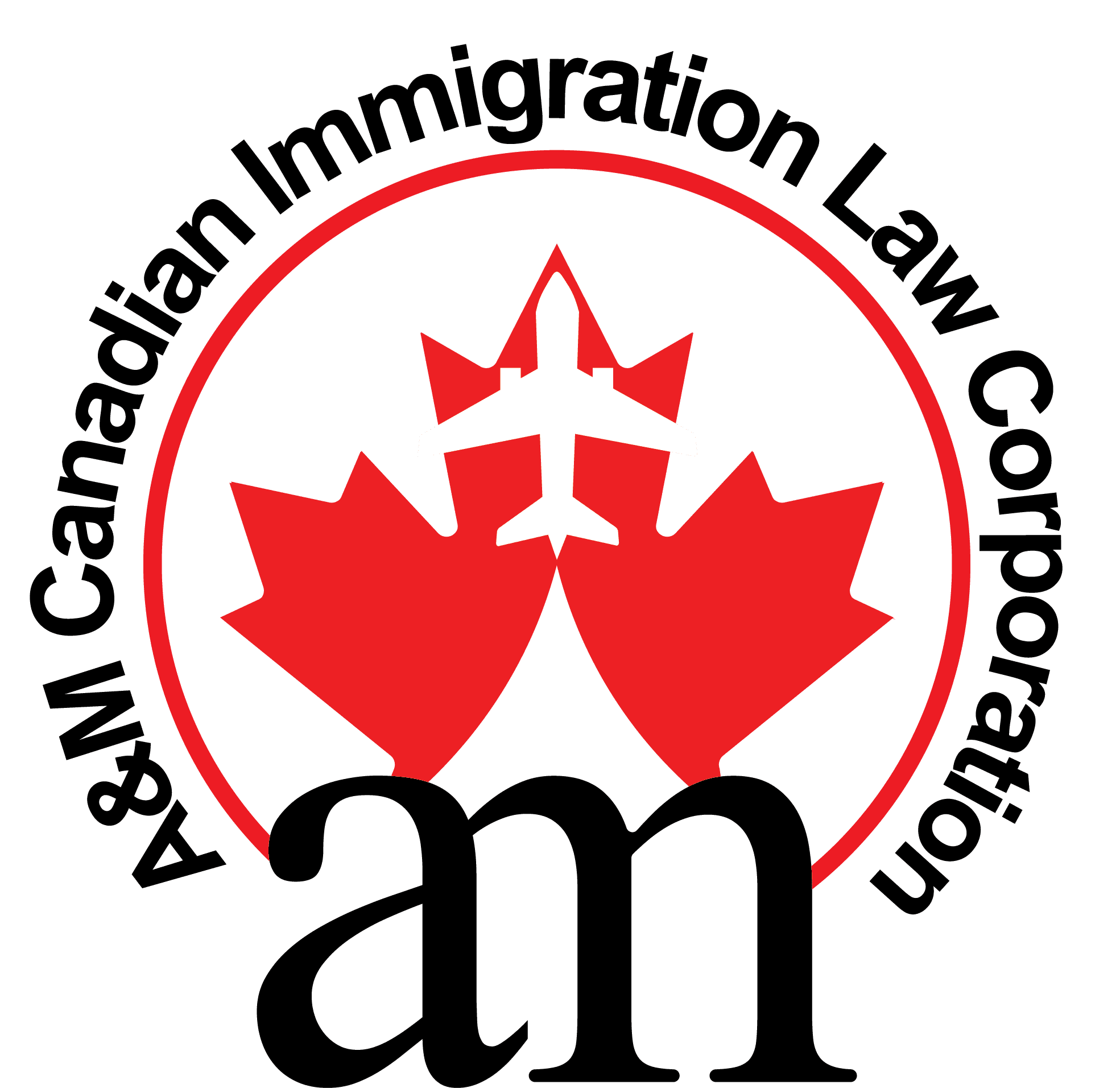Special Measures for People in Crisis: Canada’s Immigration Response to Situations Abroad
A&M Canadian Immigration Law Corporation
Special Measures for People in Crisis: Canada’s Immigration Response to Situations Abroad
When conflict, natural disasters, or humanitarian crises strike countries around the world, Canada has put in place special immigration measures to help affected individuals safely enter, stay, or transition in Canada. These measures go beyond normal immigration rules to respond to emergencies and protect vulnerable populations.
What
Are These Special Measures?
These
are temporary, exceptional immigration tools designed by Immigration,
Refugees and Citizenship Canada (IRCC) to address urgent needs in crisis
settings. They often include:
- Facilitated visa access or temporary resident
status for people fleeing violence or disasters.
- Open work permits or study permits issued
under special policy frameworks.
- Waivers or fee
exemptions for immigration or citizenship applications for those impacted.
- Priority processing and flexibility in
application rules (for example, relaxing deadlines) depending on the
crisis.
These
measures apply to people impacted abroad (e.g. from conflict zones) and
sometimes to those already in Canada whose status is threatened by external
crises.
Current
Special Measures:
- Gaza and the West Bank
- Haiti
- Sudan
- Iran
- Ukraine
- Afghanistan
Who
Can Benefit?
The
eligibility depends heavily on the specific crisis and measure in place, but
generally:
- People who are forced to
flee their country because of conflict, persecution, or disaster.
- Extended family members
of Canadians or permanent residents affected by crisis zones.
- Individuals already in
Canada whose status may be vulnerable due to a crisis abroad.
- Applicants who can meet
minimal admissibility (health, security, etc.) but would benefit from
relaxed immigration rules under crisis conditions.
Because
each measure is unique, documentation, proof of crisis connection, and
timelines may vary.
Frequently Asked Questions
Next
up: Prospective provincial nominees






